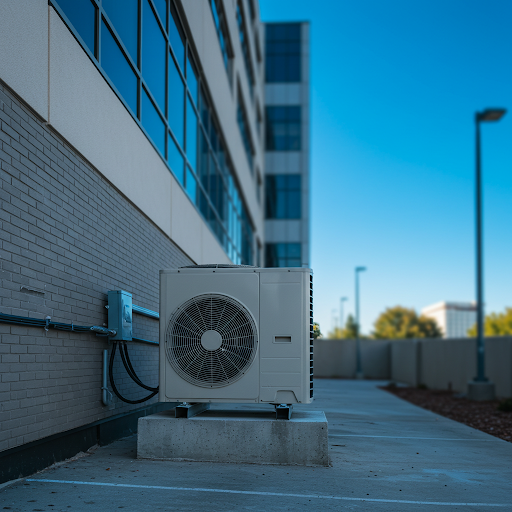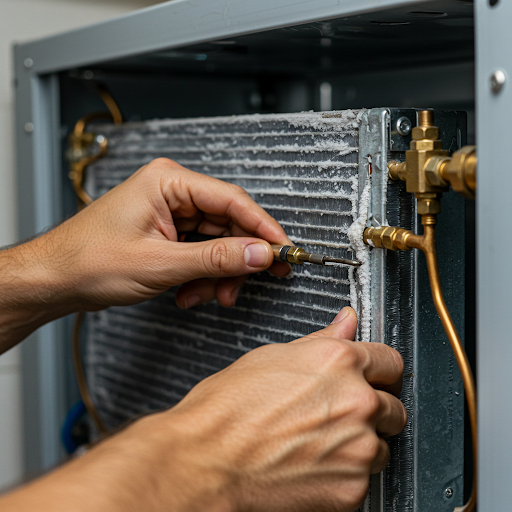What You Should Know About Condensing Unit Maintenance
- Windsor Refrigeration

- Apr 6
- 2 min read
Updated: Apr 7

When your condensing unit isn't running at peak performance, it can affect every piece of refrigeration equipment in your kitchen. Whether you're dealing with high head pressure, poor cooling, or erratic cycling, here are key areas to inspect before calling in professional commercial refrigeration repair.
1. Clean the coils: brush, blow, degrease
Dirty coils are a leading cause of overheating and inefficient operation. Brush off debris, blow out dust with compressed air, and degrease as needed—especially in kitchens where grease buildup is common. Clean coils help maintain consistent head pressure and prevent compressor strain.
2. Check refrigerant charge
A proper refrigerant charge is essential. Use the sight glass, pressure readings, and sub-cooling measurements to assess the system. Bubbles in the sight glass or low sub-cooling may indicate a leak or undercharge—both of which require prompt attention from a refrigeration technician.
3. For air-cooled condensing units...
Ensure there are no ventilation blockages around the unit. Use the light penetration test: if light can't pass through the coil fins, airflow is likely restricted. Also check the fan motor and blade for wear, damage, or debris buildup—these components play a major role in heat rejection.
For water-cooled condensing units...
Verify the flow control valve is working correctly and maintaining proper water flow. Check that the head pressure setting is within spec and confirm the drain line is clear and leak-free. Reduced flow or poor drainage can cause temperature control problems and system alarms.
Keep Your Kitchen Cool and Efficient. A well-maintained condensing unit is critical to your kitchen's refrigeration performance. From preventative maintenance to emergency service, Windsor is here to keep your kitchen running smoothly.
Call us today or submit a request for trusted, local refrigeration repair in Colorado.




Comments